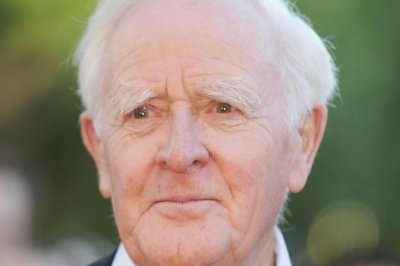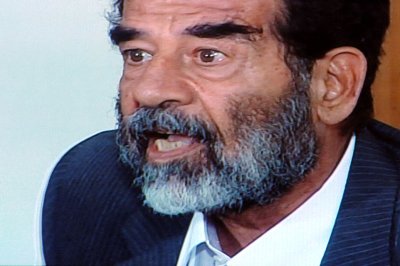Topic: John Le Carre
Quotes
If I may use the language of (British spy novelist John) Le Carre, Russia has returned from the cold
Medvedev's first trip to the West sparks hopes Jun 05, 2008
America has entered one of its periods of historical madness, but this is the worst I can remember
Commentary: Geopolitical glass houses Feb 18, 2003
The freedoms that have made America the envy of the world are being systematically eroded
Commentary: Geopolitical glass houses Feb 18, 2003
David John Moore Cornwell (born 19 October 1931), who writes under the name John le Carré (UK: /ləˈkæreɪ/, US: /lə kɑːˈreɪ/), is an author of espionage novels. During the 1950s and the 1960s, Cornwell worked for MI5 and MI6, and began writing novels under the pseudonym "John le Carré". His third novel The Spy Who Came in from the Cold (1963) became an international best-seller and remains one of his best known works. Following the novel's success, he left MI6 to become a full-time author.
Le Carré has since written several novels that have established him as one of the finest writers of espionage fiction in 20th century literature. In 2008, The Times ranked le Carré 22nd on its list of "The 50 greatest British writers since 1945".
On 19 October 1931, David John Moore Cornwell was born to Richard Thomas Archibald (Ronnie) Cornwell (1906–75) and Olive (Gassy) Cornwell, in Poole, Dorset, England, UK. He was the second son to the marriage, the first being Tony, two years his elder, now a retired advertising executive; his younger half-sister is the actress Charlotte Cornwell; and Rupert Cornwell, a former Independent newspaper Washington bureau chief, is a younger half-brother. John le Carré said he did not know his mother, who abandoned him when he was five years old, until their re-acquaintance when he was 21 years old. His relationship with his father was difficult, given that the man had been jailed for insurance fraud and was continually in debt. A biographer reports,
It uses material from the Wikipedia article "John Le Carre."








